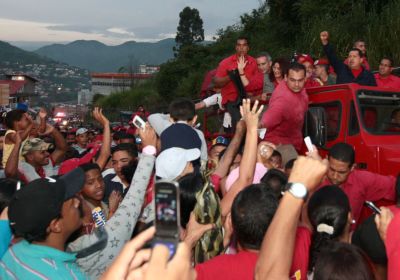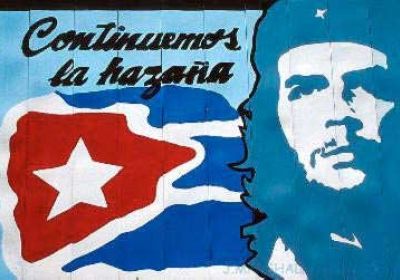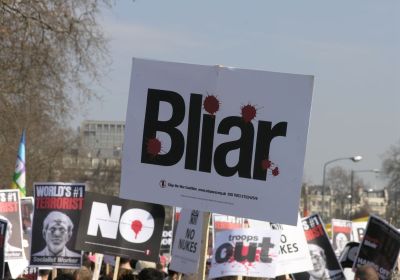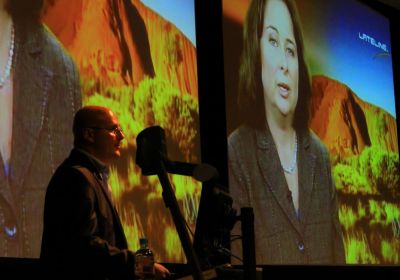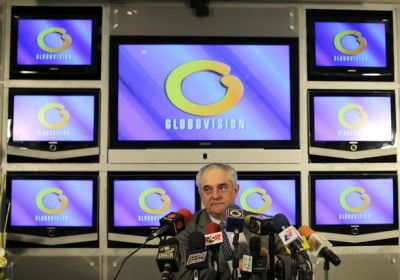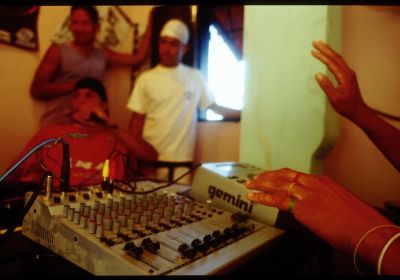
Britain is said to be approaching its Berlusconi Moment. That is to say, if Rupert Murdoch wins control of Sky, he will command half Britain’s television and newspaper market and threaten what is known as public service broadcasting.
Although the alarm is ringing, it is unlikely that any government will stop him while his court is packed with politicians of all parties.
The problem with this and other Murdoch scares is that, while one cannot doubt their gravity, they deflect from an unrecognised and more insidious threat to honest information.

